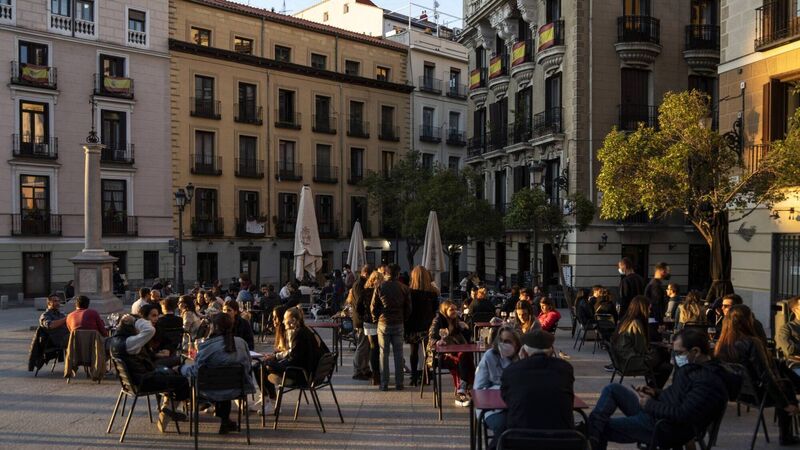France, Spain smash economic growth estimates despite recession fear

While the summer tourism season is handing southern countries a boost, projections for later on are being downgraded as the Kremlin’s energy threats, lingering supply snarls and record inflation depress demand and output. Picture: Paul Hanna/Bloomberg
Economic expansion in France and Spain beat expectations by a distance, putting them on a firmer footing as surging inflation and the risk of a Russian energy cutoff threaten to tip Europe into a recession.
After a surprise contraction at the start of 2022, French output rose by 0.5% in the three months through June -- more than the 0.2% median forecast in a Bloomberg survey of analysts. In Spain, gross domestic product jumped by 1.1% -- almost three times the estimated pace.











